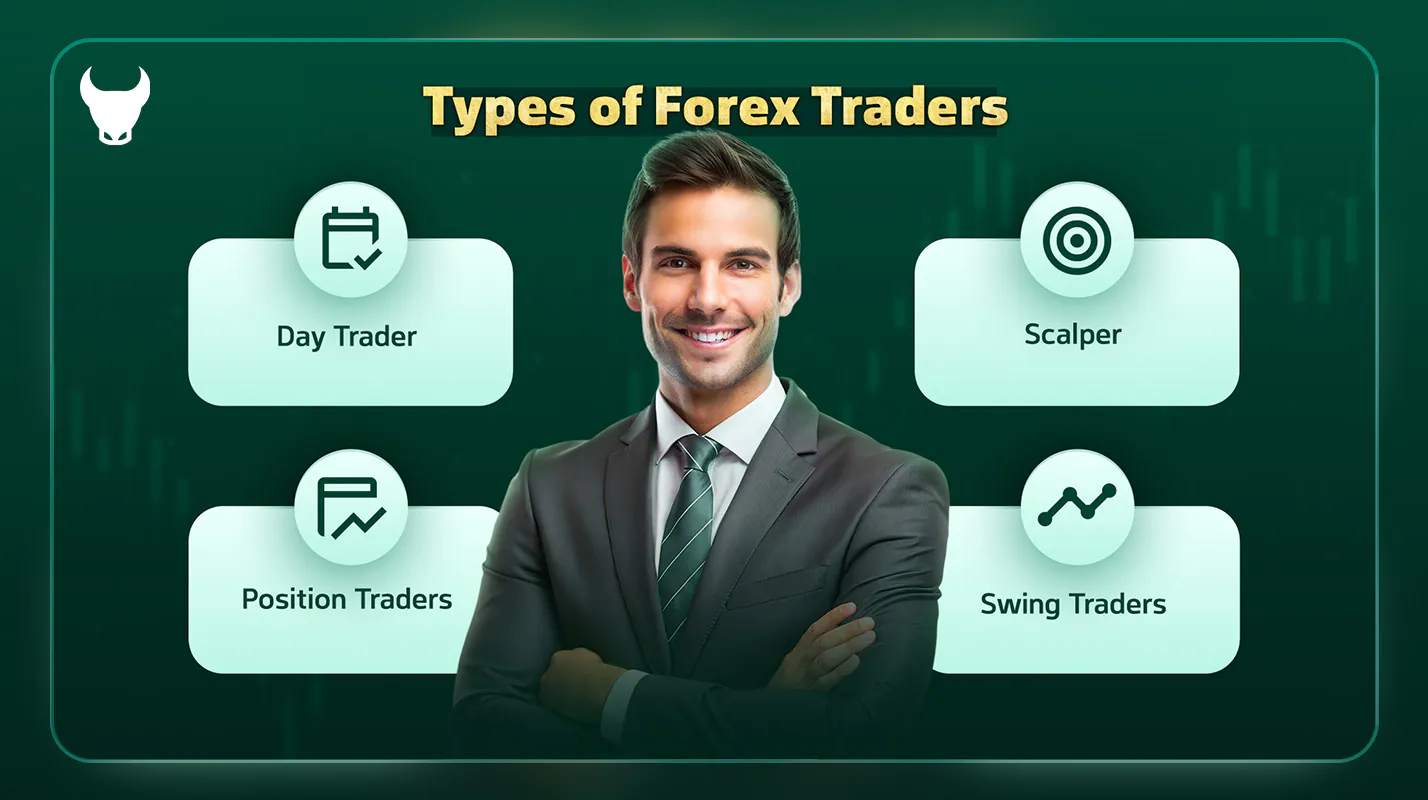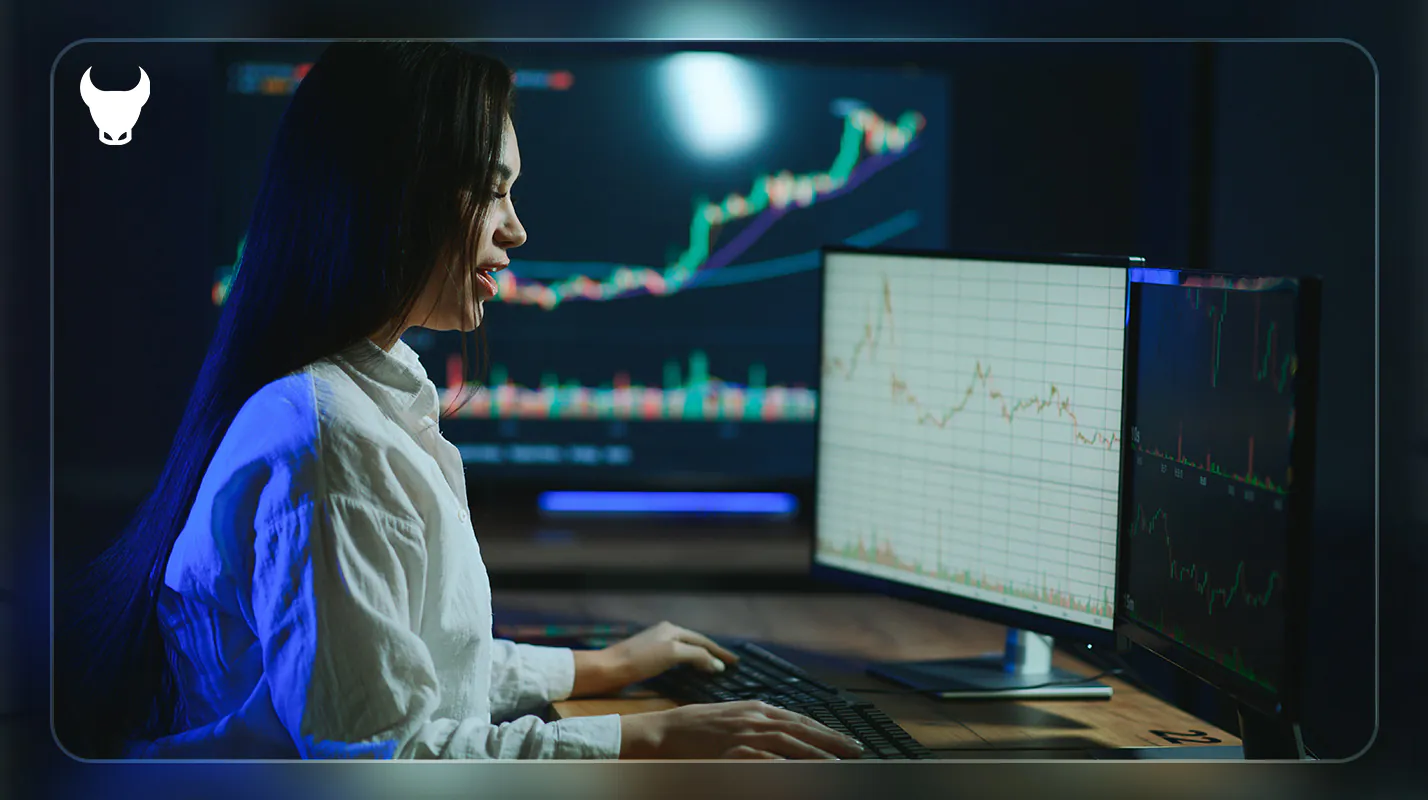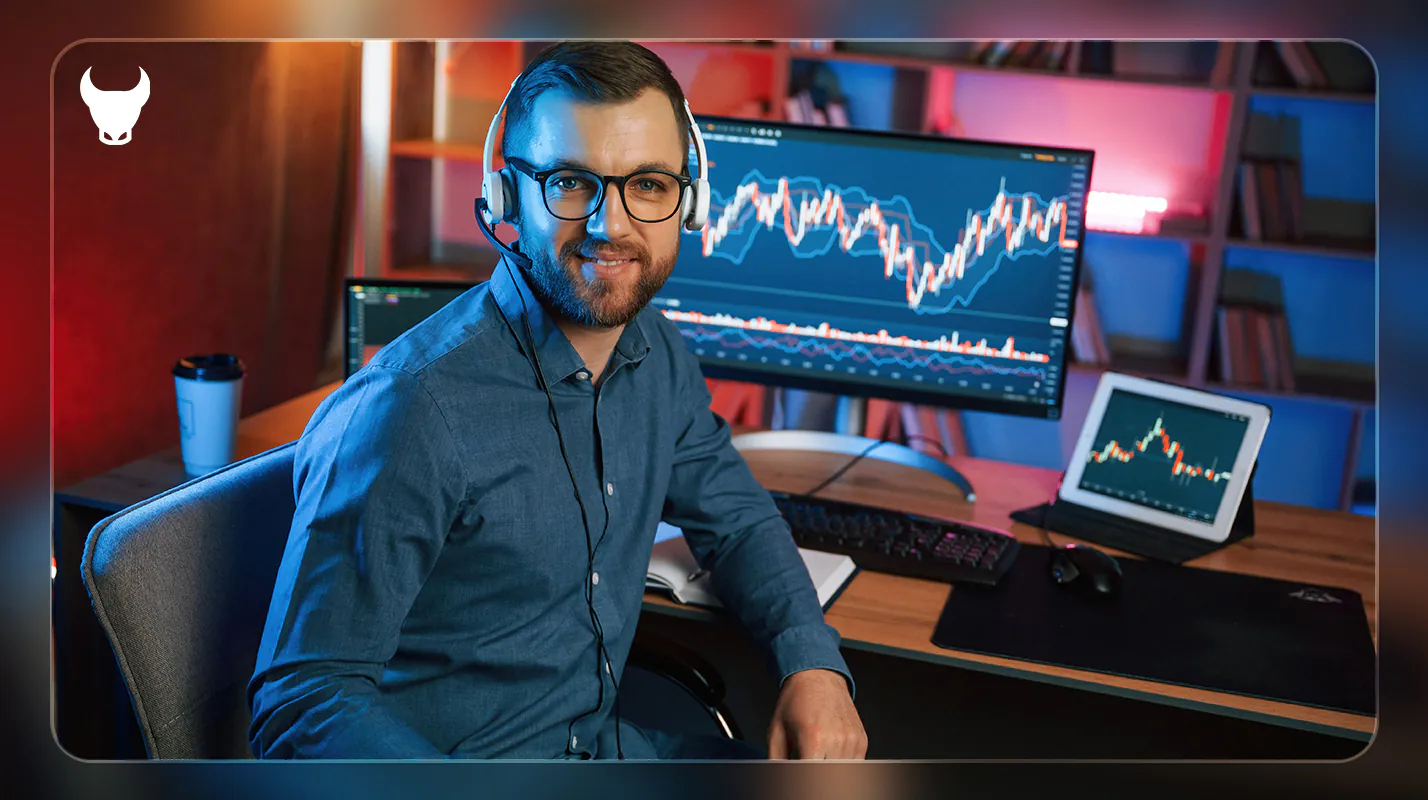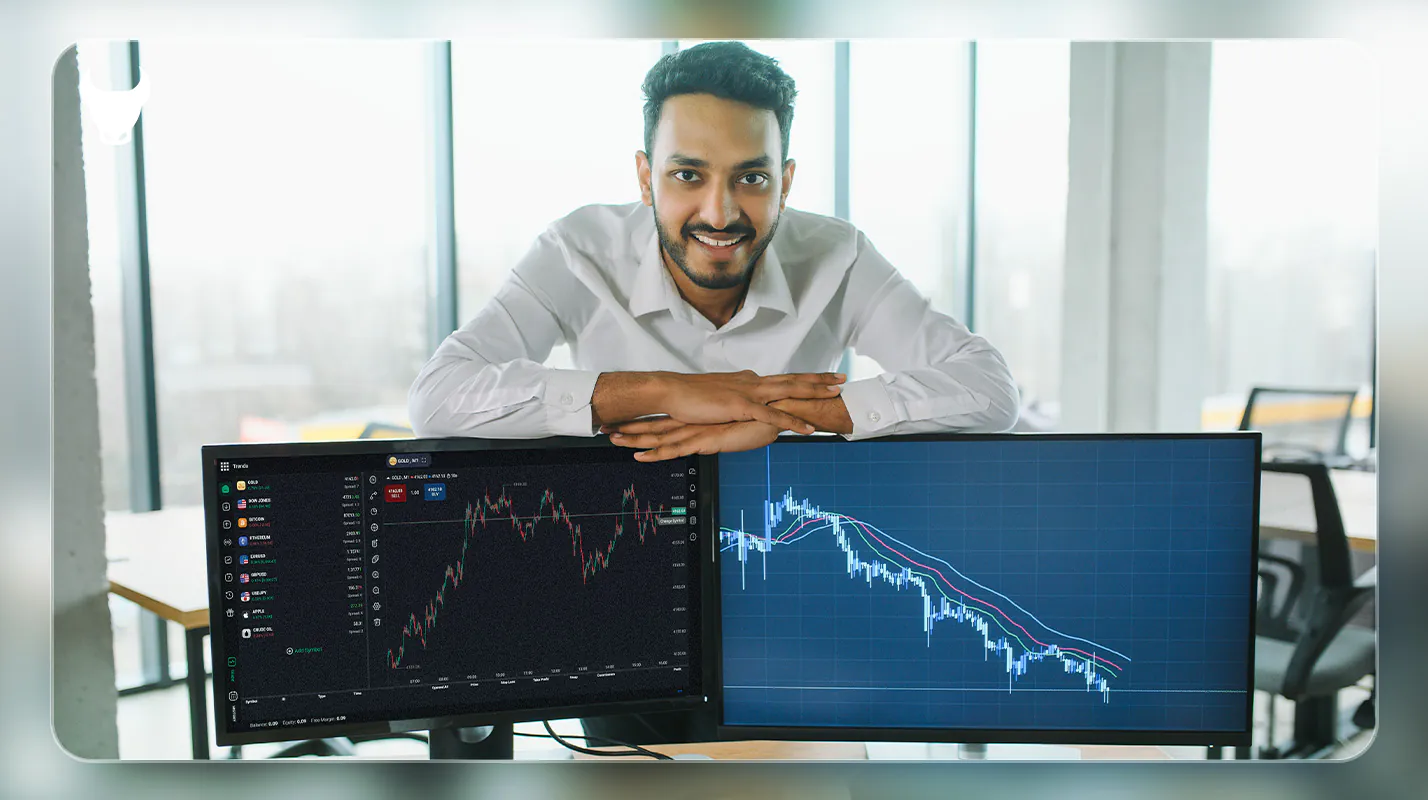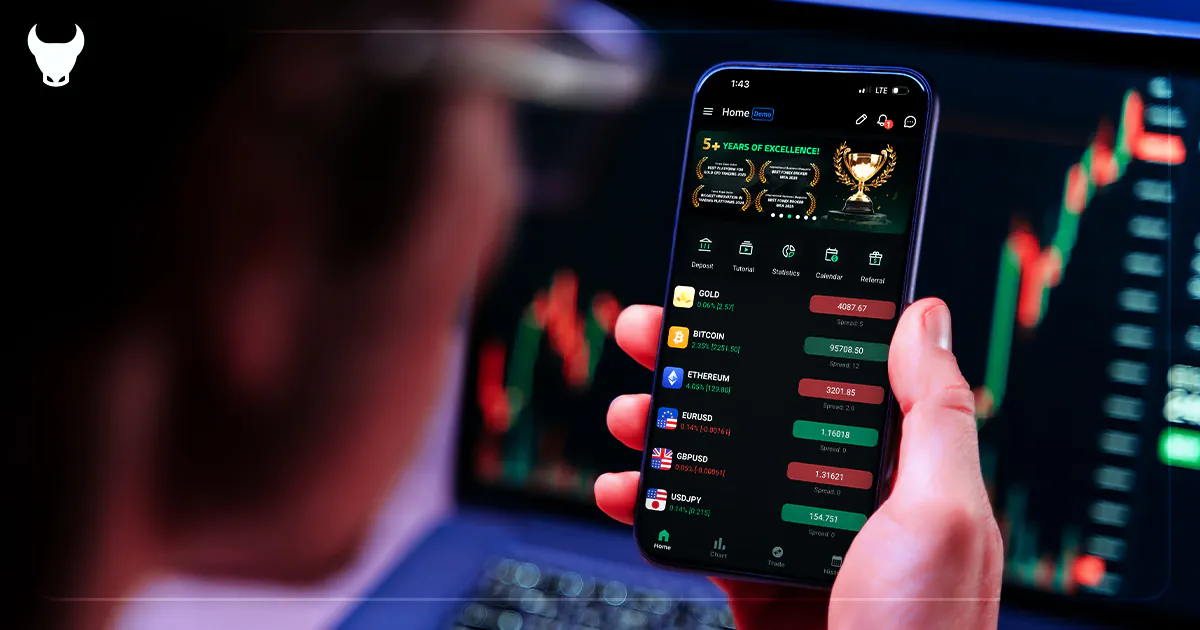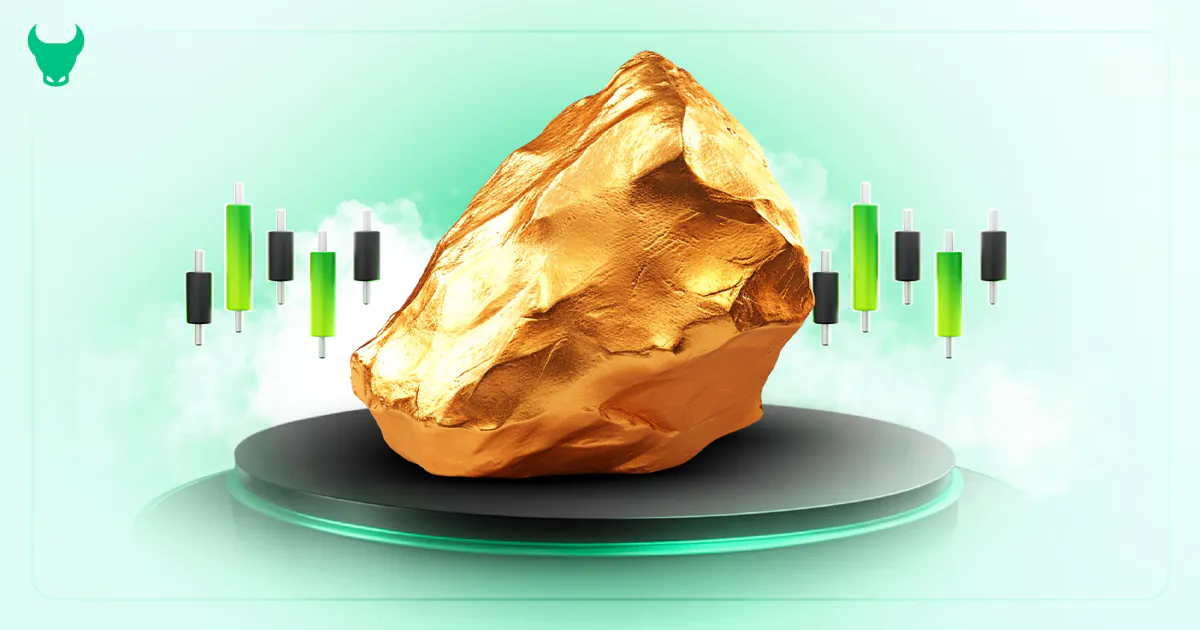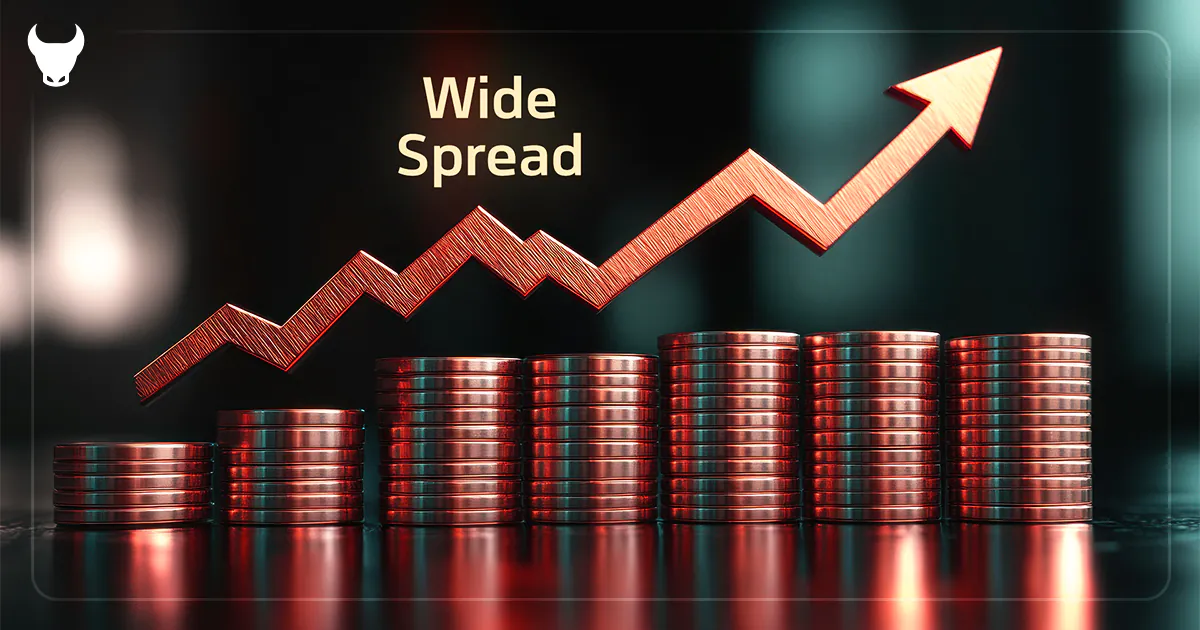Many people around the world work in the forex market and have chosen forex as their main profession. These individuals are commonly referred to as forex traders. They aim to earn profits from forex using analytical methods such as technical and fundamental analysis. The question now is: what skills lead these individuals to success, and is this profession suitable for everyone? In this article, we explore who a forex trader is, along with the characteristics, challenges, and opportunities involved. Stay with us.
Who Is a Forex Trader? (Comprehensive Definition)
In response to the question “Who is a forex trader?”, a forex trader is someone who buys and sells currency pairs in the foreign exchange market (Forex) and earns profit from price fluctuations. These individuals make trading decisions using technical analysis, fundamental analysis, and risk management.
Forex traders may operate in different ways, including:
-
Independent traders: Individuals who trade personally in the market.
-
Corporate traders: Traders who work for financial institutions, banks, and investment funds.
-
Money managers: Individuals who generate profit in the forex market by managing other people’s capital.
Daily Tasks of a Forex Trader
The daily tasks of a forex trader include market analysis, trade planning, trade execution, and risk management. The most important daily tasks of a forex trader are:
-
Technical and fundamental analysis: Reviewing charts, trends, and news affecting currency pairs.
-
Creating a daily trading plan: Determining entry points, stop-loss, and take-profit levels.
-
Risk management: Maintaining proper position sizing, controlling losses, and avoiding emotional trading.
-
Recording and reviewing previous trades: Evaluating mistakes and optimizing strategies.
Work Environment of a Forex Trader
The work environment of a forex trader should ideally include a quiet space, stable internet connection, and trading tools such as a laptop and large monitors for market analysis. A forex trader can work from home, a private office, or any environment that supports proper analysis and trading.
Register with Trendo Broker and join the community of professional traders
Types of Traders
A forex trader can have different trading styles that are categorized based on personal strategy and various timeframes:
Types of Forex Traders (Categorized by Trading Time)
1) Scalper Traders
Scalper traders execute their trades in very short timeframes—from a few seconds to a few minutes—and aim to capture small but frequent profits from minor price movements. This trading style requires high precision and quick decision-making, as even the smallest delay in entering or exiting a trade can affect profit or loss. Scalpers usually trade the EURUSD pair because it has the lowest spread.
2) Day Traders
Day traders open and close their trades within the same day and avoid holding positions overnight to protect themselves from additional costs such as swaps and overnight market risks. Traders in this style must identify suitable opportunities throughout the day and capitalize on market volatility.
3) Swing Traders
Swing traders hold positions for several days to several weeks and seek profit from mid-term market trends. This style generally uses a combination of technical and fundamental analysis to identify optimal entry and exit points. Swing trading is suitable for individuals who lack time for constant monitoring but still want to benefit from longer-term price movements.
4) Position Traders (Long-Term Traders)
Position traders hold trades for several months to several years and typically make decisions based on fundamental analysis and global economic events. This style requires substantial capital and a high level of patience, as traders must ignore short-term fluctuations and follow long-term market trends. Position traders often invest in assets such as stocks that have long-term growth potential.
Below is a table comparing the advantages and disadvantages of different trading styles:
| Trading Style | Advantages | Disadvantages |
|---|---|---|
| Scalping | Fast profits, many opportunities | Requires high focus and speed |
| Day Trading | Good profit without overnight risk | Requires constant market analysis |
| Swing Trading | Less need for constant monitoring | Risk of sudden price changes |
| Long-Term Trading | High profit potential | Requires patience and large capital |
Essential Skills for Becoming a Forex Trader
What separates an average trader from a trader who can survive and grow in a highly volatile market like forex? The answer lies in a set of skills that form the pillars of every professional trader’s success. The essential skills required to become a forex trader are:
-
Analytical skills
-
Psychological skills
-
Managerial skills
-
Economic and financial knowledge
1) Analytical Skills
Analytical skills refer to the ability to analyze charts, identify trends, and evaluate economic news for accurate forex trading decisions. With these skills, a forex trader can determine the best entry and exit points and reduce trade risk. The most important analytical skills include:
-
Technical analysis
-
Fundamental analysis
-
Combining and comparing analytical signals
2) Psychological Skills
Psychological skills refer to the ability to control emotions, maintain focus, and follow the trading plan during emotional market conditions. These skills are crucial for success in the forex trader profession and directly affect performance and profitability. The most important psychological skills are:
-
Emotion management
-
Discipline and adherence to the plan
-
Patience and expectation control
Strengthening these skills plays a vital role in becoming a professional forex trader and achieving consistent income from forex.
3) Managerial Skills
Managerial skills refer to the ability to control capital and risk to increase forex trading returns. These skills help the forex trader protect their capital even during tough market conditions. Risk management involves setting stop-loss levels, choosing proper position sizing, and avoiding large losses. Capital management ensures the trader does not over-engage in a single trade and grows capital gradually.
4) Economic and Financial Knowledge
Economic and financial knowledge refers to understanding macroeconomic concepts and their relationship with forex market behavior. This knowledge helps forex traders make more logical and accurate trading decisions. Macroeconomic concepts such as interest rates, inflation, economic growth, and monetary policies determine currency movements.
Download the Trendo trading platform and receive a free $100 bonus
How Much Do Forex Traders Earn?
The income of forex traders is not fixed and depends entirely on skill, risk management, initial capital, and trading style. A forex trader may earn small but consistent profits monthly, or—if highly experienced—may gain substantial income. Conversely, lack of skill or weak management can lead to losses.
In summary: a forex trader’s income is variable, and no guaranteed number exists.
Factors Affecting Forex Trader Income
A forex trader’s income depends on key factors that determine trading performance. The most important factors affecting forex trader income are:
-
Level of skill and experience
-
Risk and capital management
-
Trader’s initial capital
-
Trading strategy
-
Psychological condition and trading discipline
In addition to direct trading, forex traders can earn income through other methods, including Copytrading, referral programs, cashback, and conducting educational courses. These methods can be especially profitable for traders with significant experience or a large audience.
In this regard, Trendo Broker also provides features such as Trendo Copytrading, referral programs, and cashback to help traders earn additional income alongside their personal trading.
Forex Trader Income (Real Statistics)
As mentioned earlier, forex trader income depends on many parameters. According to reports from FXStreet and other regulatory bodies, approximately 70% to 89% of retail traders in forex and CFD markets incur losses. Additionally, aggregated data shows that only around 15% of forex traders reported achieving real profit.
For example, Bill Lipschutz—who once worked at Salomon Brothers—reportedly contributed to annual profits of around $300 million in the firm’s currency division.
Who Is a Forex and Crypto Trader?
In response to the question “Who is a forex and crypto trader?” — a forex and crypto trader is someone who trades forex currency pairs or cryptocurrencies and earns profit from price fluctuations. The main difference lies in the type of asset and market conditions, but the professional structure and required skills are very similar.
Who Is a Forex CopyTrader?
A forex copy trader is someone who does not trade manually but instead automatically follows the trades of a professional trader in their own account. This method is a fast path into forex for individuals who lack time or sufficient analytical skills.
Definition of CopyTrading
Copy trading means connecting your trading account to the account of a professional trader so that every trade they open or close is executed proportionally in your account. In this method, there is no need for technical or fundamental analysis or real-time decision-making; the entire trading process is automated. Copy trading is an important service offered by brokers and usually includes trader selection, viewing past performance, setting risk levels, and choosing the percentage of capital to be copied.
Trendo Broker also provides this feature, allowing you to begin trading through Trendo’s copy trading system. On Trendo, you can either operate as a money manager and earn through performance fees or trade volume, or act as an investor and copy a professional trader’s trades to benefit from their experience without specialized knowledge.
Advantages and Disadvantages of CopyTrading
Advantages:
-
Suitable for beginners who want to enter forex without advanced knowledge
-
Saves time and removes the need for daily analysis
-
Ability to copy successful traders’ strategies
-
Ability to set risk levels and trade sizes in your account
Disadvantages:
-
Full dependency on the main trader’s performance; if they lose, you lose
-
No control over trade timing
-
Risk of choosing an unsuitable trader
-
Performance or profit-sharing fees paid to the account manager
The Path to Becoming a Professional Forex Trader
Have you ever wondered who is behind trades that move millions of dollars in the blink of an eye? Those who operate only with a laptop—without being present in large trading rooms—are professional forex traders.
Below we examine the path to becoming a professional forex trader:
-
Step 1: Education
-
Step 2: Practicing with a Demo Account
-
Step 3: Starting to Trade with Real Capital
-
Step 4: Becoming Professional
These steps define who a forex trader is and how a beginner becomes a successful trader.
Step 1: Education
In the first education stage, the aim is to understand who a forex trader is and what the forex trader profession entails. To begin, you must learn basic concepts such as the structure of the forex market, currency pairs, analysis types, and risk management to know what a forex trader is and how they make decisions.
To start, you can visit Trendo’s beginner-to-advanced forex education page and benefit from Trendo’s updated educational content.
Step 2: Practicing with a Demo Account
Practicing with a demo account means trading in the real forex environment without the risk of losing capital. This stage helps the forex trader test strategies and skills before entering the real market.
Trendo Broker provides a free demo account on the Trendo exclusive platform, and you can use it without limitations to master the platform and trading strategies before going live.
Step 3: Starting to Trade with Real Capital
Starting to trade with real capital means transitioning from the risk-free demo environment to real trading, where emotions, volatility, and capital management become fully apparent. At this stage, the forex trader must start with small capital and follow the trading plan exactly.
Step 4: Becoming Professional
Becoming professional in forex means reaching a level where the trader can trade consistently, with low risk, and according to a defined strategy. At this stage, the forex trader knows when not to trade, how to control emotions, and how to gradually grow capital.
A professional forex trader has a complete understanding of economic trends, currency pair behavior, and market psychology.
Forex Trading Tax
Forex trading tax refers to the tax applied to net trading profit (after deducting fees and costs) and depends entirely on the regulations of the trader’s country of residence. In some countries, forex profit clearly falls under income tax or capital gains tax.
Forex Trading Tax in Some Countries
1) United States (USA):
In the U.S., forex trading is considered an “income-generating activity,” and traders must report all trading profits and losses and pay the relevant tax. Some transactions—especially contracts under Section 1256—are taxed using a 60/40 split: 60% at the long-term rate and 40% at the short-term rate.
In contrast, spot forex trades fall under Section 988 of the tax code and are taxed as “ordinary income” based on the individual’s marginal tax rate.
2) United Kingdom (UK):
In the UK, forex trading profits are generally taxable, and the tax type depends on the trader’s activity. If the trading is considered investment or business activity, profits fall under capital gains tax or income tax.
Risks of the Trader Profession
The most important risks of the trader profession include:
-
Financial risks
-
Psychological challenges
1) Financial Risks
Financial risk is the main challenge of the forex trader profession and includes the possibility of losing part or all of the capital. Lack of risk management, using high leverage, and trading without a plan can cause heavy losses and consistent capital decline.
2) Psychological Challenges
Psychological challenges include stress, pressure from quick decision-making, fear of loss, and excessive greed. A forex trader must control emotions and act logically during stressful market conditions. Consecutive losses may lead to frustration and breaking the trading plan, while rapid profits may lead to overconfidence. Therefore, maintaining mental balance and trading discipline are among the most important factors for a forex trader’s success.
Final Words
Trading forex can be one of the most attractive financial opportunities, but success requires more than guesswork. This market is full of challenges, and only those who have the necessary skills, experience, and discipline can survive. Profitability in forex depends on proper education, continuous practice, and choosing the right tools.
Continuous learning, keeping analytical knowledge up to date, using risk-management strategies, and choosing a reputable broker such as Trendo are key success factors in this path.
Register with Trendo Broker and receive attractive free bonuses.

